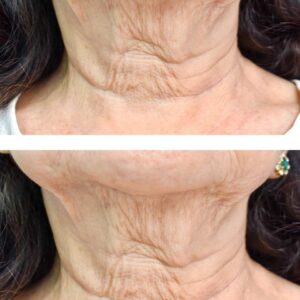When caring for an aging parent or grandparent, small and unexpected changes can be the most alarming — sudden confusion, unclear speech, or moments when they seem “not quite themselves.” These brief episodes may appear suddenly, last only a few minutes, and then fade as if nothing happened. Experts caution that these moments can be early signs of a transient ischemic attack (TIA), often referred to as a mini-stroke. A TIA occurs when blood flow to part of the brain is briefly disrupted. Even though symptoms may disappear quickly, a TIA is a significant warning sign that should be taken seriously.
Understanding why TIAs occur can help families respond with confidence. Older adults are more at risk when they have underlying health conditions such as high blood pressure, diabetes, high cholesterol, or hardening of the arteries. Lifestyle factors — including smoking, limited physical activity, and unmanaged heart conditions — may also contribute. For caregivers, staying informed is not about living with constant worry; it is about being prepared and promoting habits that support long-term heart and brain health.
Recognizing symptoms early can make an important difference. TIAs may cause sudden weakness or numbness on one side of the body, confusion, difficulty speaking or understanding speech, or changes in vision such as blurriness or double vision. Some individuals may experience dizziness, trouble with balance, or a sudden headache with no clear cause. These signs can be subtle and may disappear quickly, but even the briefest episode is a reason to seek medical attention right away.
If you notice any of these warning signs, the most important step is to get prompt medical evaluation. Early care helps doctors identify the cause and reduce the chances of a more serious stroke in the future. Treatment may involve medication, healthy lifestyle adjustments, and regular checkups to help manage blood pressure, cholesterol, and blood sugar levels. Taking quick action not only supports your loved one’s health but also helps them maintain their independence and overall well-being as they age.





